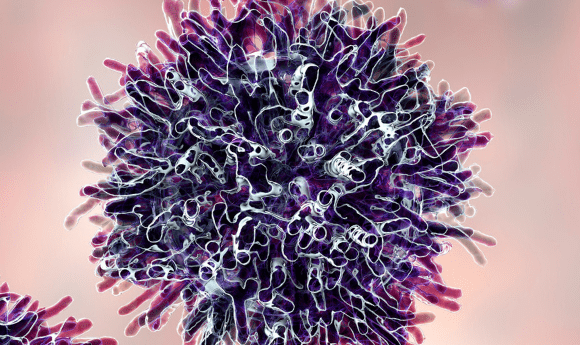Early-onset cancer: an indication of germline mutations?

A novel study explores the genome of young adults with early-onset cancer to determine their likelihood of containing germline mutations that could lead to further cancers.
A study conducted by researchers from the Memorial Sloan Kettering Cancer Center (MSK; NY, USA), led by Zsofia Stadler, has found that patients with early-onset cancer are more likely to have heritable germline mutations, potentially impacting treatment and patient management decisions for clinicians.
Young adults with cancer – patients diagnosed between the ages of 18-39 – can face unique challenges in their treatment and fight against the disease, including the development of new primary cancers. While some cancers – young adult cancers – can commonly occur in young adults, for instance sarcoma and testicular cancer, others such as breast and colon cancer are less frequent. In instances when these cancers arise in young adults, they are referred to as “early-onset cancers.”
To explore the theory that early-onset cancers may indicate the presence of germline mutations, researchers used the MSK-IMPACT germline genetic testing protocol to analyze DNA of blood samples from 1201 young adults with cancer who were diagnosed between 2015–2019 at MSK; 877 of whom had early-onset cancers. This protocol involved the application of a next-generation sequencing panel to examine 88 genes that are understood to indicate a predisposition to cancer.
 Elaine Mardis on taking AACR 2020 online, key challenges and the fields to watch in cancer research
Elaine Mardis on taking AACR 2020 online, key challenges and the fields to watch in cancer research
In this interview, Digital Editor Tristan Free speaks to Elaine Mardis about the challenges of switching AACR 2020 to a virtual conference, what she learned from the process and some of the biggest obstacles currently facing cancer research.
The researchers are also examining sequencing data from tumor-derived DNA of the same patients to establish whether the germline mutation was the primary driver for the development of the cancer, but results are yet to be released from this aspect of the study.
The study found that 21% of the patients with early-onset cancers had germline mutations in comparison to 13% of the remaining 324 patients, who had young adult cancers. The most commonly mutated genes in the early-onset cancer patients were BRACA1 and 2, ATM, CHEK2 and Lynch-syndrome associated genes. The highest frequency of mutations was found in patients with pancreas, breast, or kidney cancers.
In the young adult cancer patients, TP53 mutations were the most commonly observed. This mutation is associated with a pediatric cancer called Li-Fraumeni syndrome.
Commenting on the results, Stadler highlighted that the “distinct set of germline variants appear to suggest that patients with early-onset cancers harbor mutations similar to those also found in older individuals with cancer, but at a higher prevalence. Among patients with young-adult cancers, the mutations were more similar to those we encounter in our pediatric cancer patients.”
Discussing the impact of the study on the treatment path for patients, Stadler stated that, “young cancer patients with early-onset cancer should undergo germline genetic testing given the high probability of identifying a genetic mutation with important downstream implications for cancer treatment, long-term surveillance, and at-risk family members.”